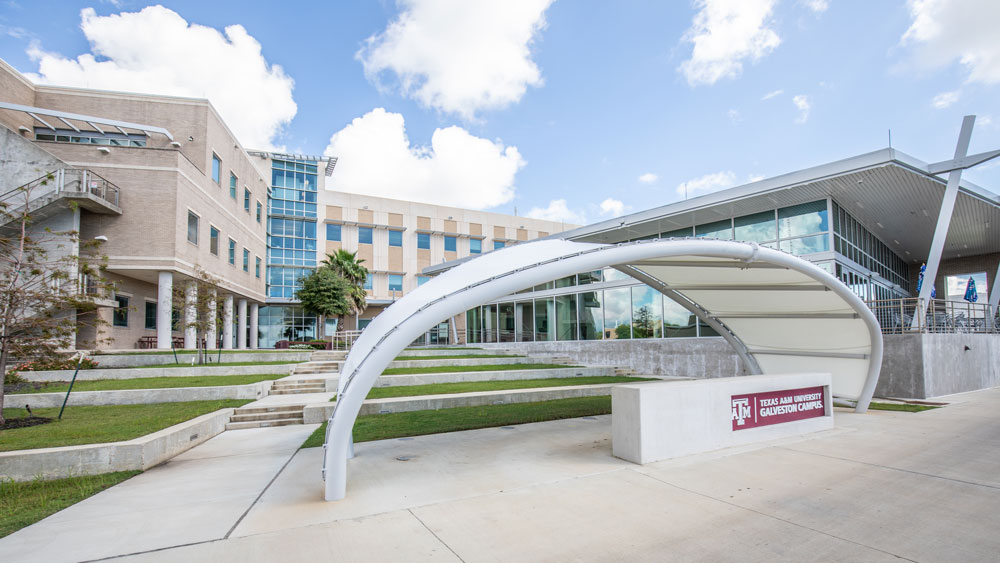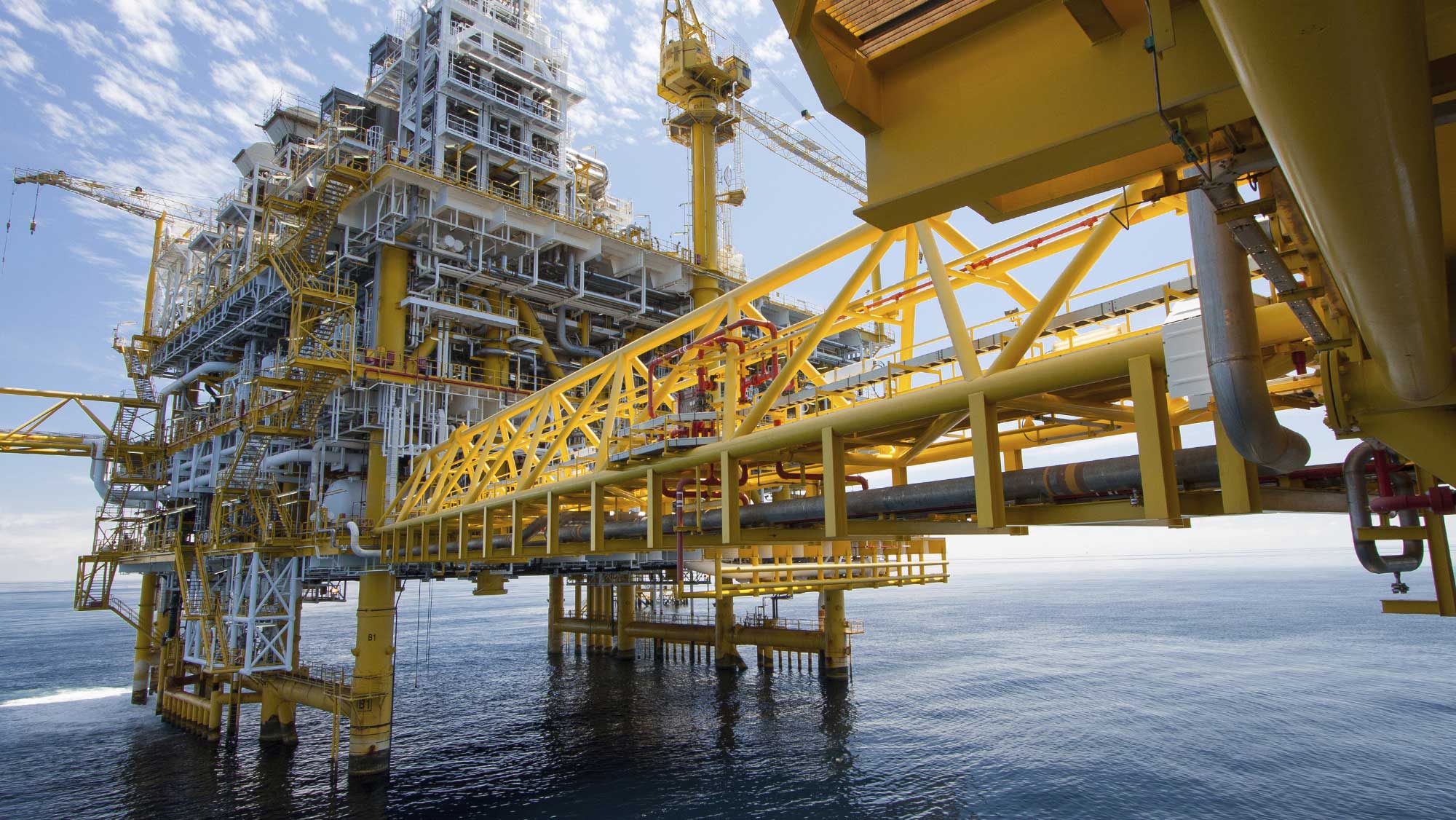Master of Science in Ocean Engineering - Non-thesis
The Master of Science (M.S.) non-thesis in ocean engineering is a course-based graduate degree program offered exclusively at our Galveston campus for students and professionals with an undergraduate or equivalent international degree in any engineering field.
This 30-credit program prepares graduates to be experts and leaders in an exciting, international area of engineering with rewarding careers in the offshore traditional and renewable energy sector, coastal engineering consulting, system design, government agencies and any career path that requires a sound understanding of ocean processes, engineering systems and the ingenuity to create optimal engineering solutions in this exciting, but challenging, environment.
I'm ready to apply! Request Information

Overview
-
About the Program
Offered exclusively on our Galveston campus, this non-thesis degree program provides students a unique education filled with hands-on experience, direct access to the coast, on-the-water field data collection adventures, industry collaboration, proximity to Houston and world-class resources. The curriculum includes advanced courses in offshore systems, coastal engineering, ocean structures, and fluid dynamics as well as technical electives and directed studies that provide ample opportunity for students to craft their own learning experience and delve deeper into specific topics and areas of interest.
Upon completion of the program, graduates will be able to:
- Apply mathematics, statistics, hydrodynamics and structural design knowledge needed to solve advanced ocean and coastal engineering problems and design challenges.
- Design offshore floating and moored structures and vessels needed for traditional and renewable energy production.
- Understand complex ocean and coastal processes and create engineering solutions that protect community, natural, and infrastructure assets in coastal areas.
- Make appropriate data-driven decisions for system designs.
- Lead and manage a team of technical professionals.
Application Deadlines:
Fall Semester
International students: April 15
Domestic students: July 15Spring Semester
International students: September 15
Domestic students: October 15
-
The graduate program is designed to provide students with knowledge of engineering in the ocean environment and to establish a base for ocean engineering research. In addition to areas of study available in the undergraduate program, advanced courses are given in hydromechanics, oceanography, mathematics, coastal engineering, environmental fluid mechanics, estuary hydrodynamics, offshore structures, marine foundations, marine dredging, ocean, port and harbor design, laboratory modeling, nonlinear hydrodynamics, and numerical methods.
The required 30 credits can be taken in two main semesters (fall and spring) and during summer sessions involving a ship cruise for hands-on learning through ocean engineering experiments and oceanographic field measurements.
The department offers a great selection of courses, with excellent professors who are highly engaged with students. The graduate community is very friendly, often discussing academic and extracurricular topics together and always willing to help. The department’s administrative staff is incredibly efficient and can assist you with any issues you may encounter.
